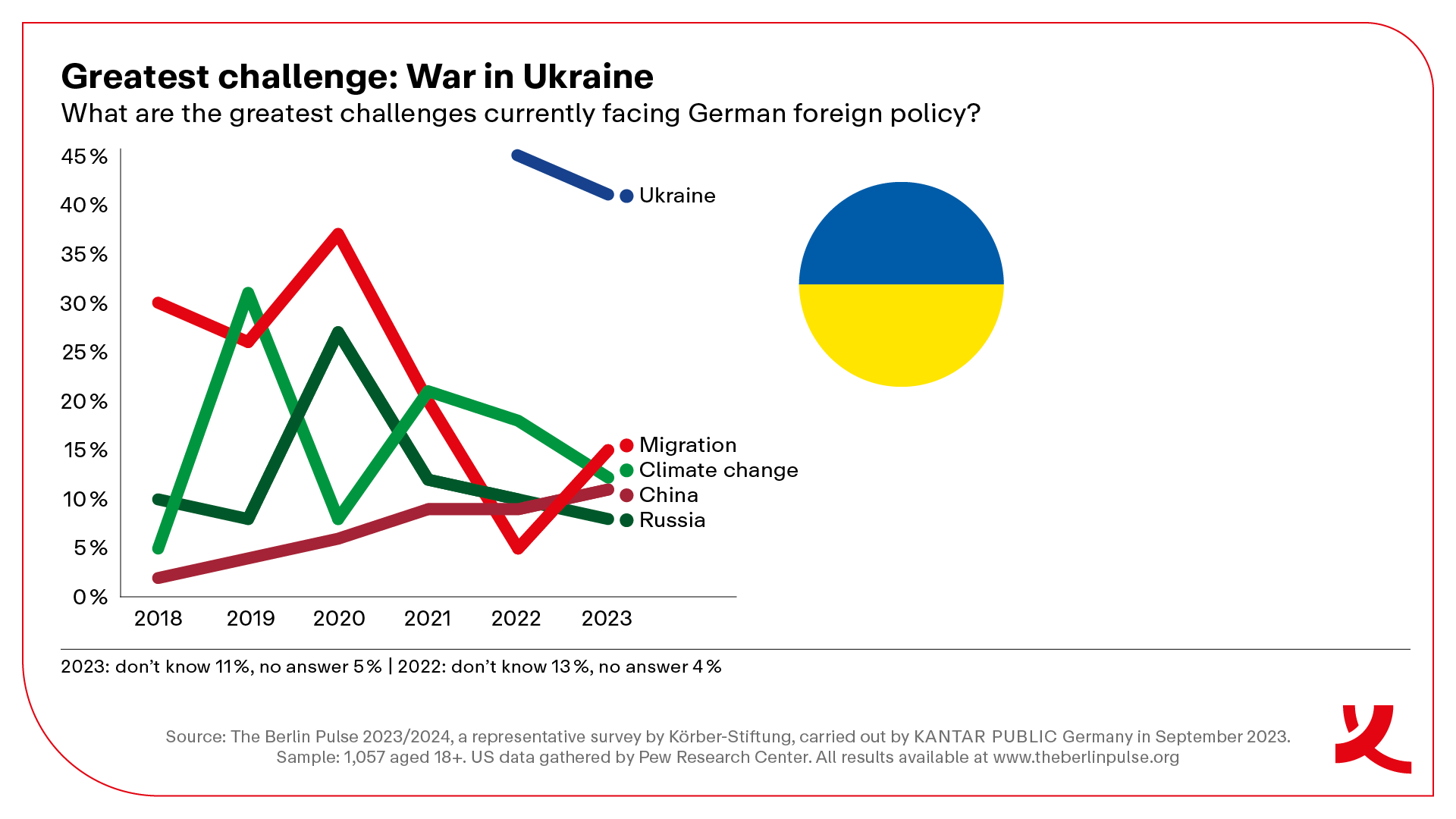
Inertia Is our Biggest Enemy
Foto: The Canadian Press / Alamy Stock Foto
Inertia Is our Biggest Enemy
Why international climate action still has momentum and how to prepare for COP28
By Steven Guilbeault
It is easy to become cynical and to feel powerless when we look at the scale of the climate crisis. For a long-time environmental activist like me, it can be tempting to focus on the setbacks, but today I see an unprecedented momentum, in Canada and around the world.
Let’s remember the success of last year’s UN Biodiversity Conference (COP15) in Montreal. It came at a time when global assessments showed that biodiversity is declining at an unprecedented rate, with up to one million species at risk of extinction. After years of delay, no one thought COP15 would even happen. Certainly, no one thought we would reach a deal, but over two weeks we reached a historic milestone as countries agreed on the Kunming-Montreal Global Biodiversity Framework. As host, I worked with the Chinese COP15 president to broker a deal between nations with different expectations, circumstances and capacities. The international community achieved what had seemed impossible: a collective deal on the protection of 30 per cent of global lands and waters by 2030.
We brought together countries, the private sector, philanthropies and international financial institutions around a new finance package that helps developing countries implement the framework. This included a commitment to eliminating or redirecting environmentally harmful subsidies. Ministers from developing, least developed and small island developing countries say they need accessible, well-targeted finance to transform their economies and energy systems, to protect nature, biodiversity and themselves against the increasing ravages of extreme weather. I want to support them. When I became minister of environment and climate change in 2021, the question about how to mobilize resources was challenging. Some solutions to help finance the climate and nature crises dated back over a decade but had not created progress towards existing targets.

Inertia was our biggest enemy. But now, we are seeing breakthroughs. As an activist, I made a request every year to the government to increase Canada’s support to developing countries, to support adaptation as much as mitigation and to increase the portion of grants provided. As reaffirmed by Germany and Canada we are now on our way to achieving the annual commitment to provide US$100 billion a year for climate finance to address the needs of developing countries.
In 2021, Prime Minister Justin Trudeau announced Canada was doubling its climate finance commitment to US$4.3 billion between 2021 and 2026. But the quality of funding also mattered. We increased funding for adaptation by 40 per cent and decided that 80 per cent of projects must integrate gender equality. We committed the government for the first time to providing financial support for international climate action for indigenous peoples in developing countries. As we head into COP28, my German counterpart and I will use every opportunity to maintain momentum to deliver on these commitments.
Supporting the transition to a more sustainable and clean future requires efforts beyond the mobilisation of climate finance. It also includes reforming international financial institutions and multilateral development banks. That is why Canada has increased its allocation for Special Drawing Rights to approximately US$700 million to the International Monetary Fund’s Poverty Reduction and Growth Trust. Access to concessional financing is one important way to provide long-term financing to help vulnerable low-income countries fight climate change. Supporting the transition also includes halting support for subsidies that encourage the expansion of fossil fuels. As a minister of the fourth- largest oil and gas producing country, I know how important it is to support policies that help reduce emissions while supporting affordability for citizens. That is why Canada is phasing out fossil fuel subsidies in 2023, two years ahead of our G20 commitment. Less public funding for the proliferation of fossil fuels means more for the expansion of clean energy systems – and more clean and good paying jobs.
We must welcome the tidal shift since COP27 on creating a separate fund to deliver support to vulnerable countries in response to the loss and damage caused by climate change. Canada was an early advocate for this, and I was part of the negotiations that led to a loss and damage fund. For COP28, I want to work with everyone to find arrangements for loss and damage that provide vulnerable countries with urgent and adequate support. Countries need to put resources behind their priorities. Now is the time to build on past momentum and to continue breaking through what were previously thought to be impasses. Countries should come prepared with the accountability, leadership and tangible contributions for us to address the crises at hand collectively.

Steven Guilbeault is the minister of environment and climate change of Canada